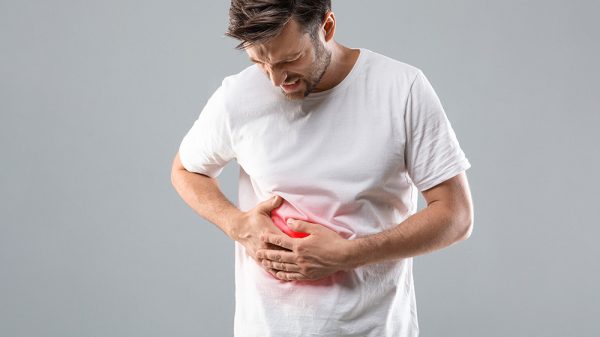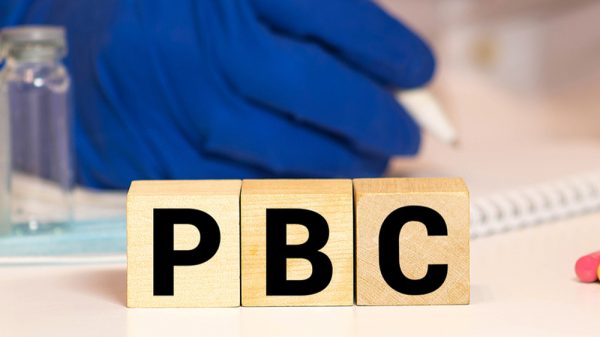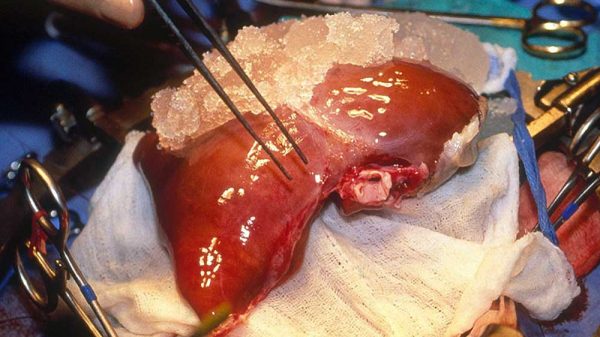Alcoholic Steatohepatitis is one of the diseases that can affect the liver. It is usually chronic, progressive, and very fatal. The usual thing that happens to the liver is that there is fibrosis (scarring and thickening). In very severe cases, the condition can advance to a point where death (necrosis) occurs to liver tissues. All of these are caused by the excessive consumption of alcohol over a prolonged time. If you consume more than 60 ml of alcohol daily as a man or 40 ml as a woman, then you are at risk. Consuming more than those amounts is toxic and would end up damaging your liver.
The timespan of consumption is also very important. The risks of alcohol-induced liver damage rise higher if you consume excess amounts of alcohol regularly for at least five years. Meanwhile, men can metabolize more alcohol than women. That is why the safe level for women is quite lower than for men. Women have more proneness to the disease than men. Genetic factors also seem to play a role in how susceptible a person is. Some other factors that may predispose a person to alcoholic steatohepatitis include nutrition, existent chronic hepatitis (either B or C, among many other factors.
What You Should Know About Alcoholic Steatohepatitis
The liver is a very vital organ in the body. It is largely responsible for the process of detoxification in your body. It clears out all the toxins and junks that enter into your body. Now, if there is an impairment of this vital organ, you may suffer various health issues.
Alcoholic steatohepatitis is also called alcoholic liver disease. It normally starts with fat deposits in your liver. This is generally known as fatty liver disease (steatosis). This makes the liver to enlarge. And then, it would have to stress itself more and work harder.
If you don’t treat this steatosis and continue to consume alcohol at the same rate, it becomes steatohepatitis (alcohol-induced)). At this point, scar tissues would begin to develop and replace healthy cells in your liver.
Lots of liver complications may arise as a result of alcohol-induced liver disease. They include Zieve syndrome which causes:
- Hyperlipidemia
- Hemolytic anemia
- Jaundice
- Abdominal pain
In some cases, alcohol-induced liver disease can even lead to sudden death. This occurs either due to hypoglycemia or fatty embolism(s).
More so, as soon as scar tissues begin to develop in the liver (fibrosis), there may be some sort of upper GI bleeding. This is also very fatal and could cause death.
More so, the scar tissues can develop to a severe level and cause liver cirrhosis. This is like the end game. At that point, your liver would no longer be able to function. As such, there will be so much toxicity in the body. This is also a potential cause of death.
Alcohol-induced liver disease does not have a good outlook if you look at it from different angles. More so, you may not feel any symptoms until the condition has become very bad. The best thing is to prevent it by either avoiding alcohol altogether or drinking only moderate amounts.
How to Treat the Condition
As soon as your doctor diagnoses an alcoholic liver disease, the first instruction he or she would give you is to immediately desist from drinking alcohol. This will go a long way if giving your liver a chance at reversing the damage to a reasonable extent. However, this can only happen if the damage has not become so severe.
You may also need to make adjustments to your diet. This usually involves eating more protein, as well as incorporating amino acids or vitamin B12 into your diet. These are the things that experts usually recommend for people who have this condition.
In some instances, your healthcare provider may deem it fit to administer corticosteroids. This would help to take care of inflammation due to fibrosis (scarring and thickening liver tissue).
In very plain terms, alcoholic steatohepatitis usually becomes more and more severe with time and will eventually kill you if you don’t treat it. Meanwhile, the symptoms are so subtle that you may not even notice that anything is wrong until death starts knocking on the door.
So then, if you think you are drinking excessively, you should immediately review your drinking habits and go for a proper checkup to assess your liver. You need your liver to stay alive. It is as important as your heart, so you should take good care of it.
The reason why we have stressed prevention so much is that there is no approved medication for this condition. The only probable solution is to abstain from alcohol. This is something you could have done even before the condition developed in the first place.
The medications people use when they have alcoholic steatohepatitis are to manage the symptoms and complications. For instance:
- Corticosteroids to reduce inflammation
- Antibiotics and probiotics for infections
- Other medications that target the pathway of inflammation
However, there are ongoing clinical trials on the efficiency of stem-cell therapy.
Most of the management routines for alcoholic steatohepatitis are lifestyle amendments.
Lifestyle Amendments You May Need to Make
If alcohol has damaged your liver, you should make the following lifestyle amendments. They will greatly help your condition:
- Do more exercise. Try as much as possible to do a minimum of 30 minutes of mild to moderate physical activities daily. This may help you to shed off some weight, which helps a lot with liver problems.
- Reduce the stress load on your liver. Alcohol, cigarettes, medications, etc. usually add more stress to the liver. So you should avoid them. You may have to take medications sometimes, but let it be only when your doctor instructs you to do so. Also, seek your doctor’s counsel before trying any form of herbal remedies. Natural does not mean safe.
- Reduce your cholesterol levels
- Manage implicative health conditions like diabetes. Alcoholic steatohepatitis is highly preventable. You should prevent by not drinking too much alcohol. At the end of the day, you will either be forced to drop the alcohol or it will kill you.























